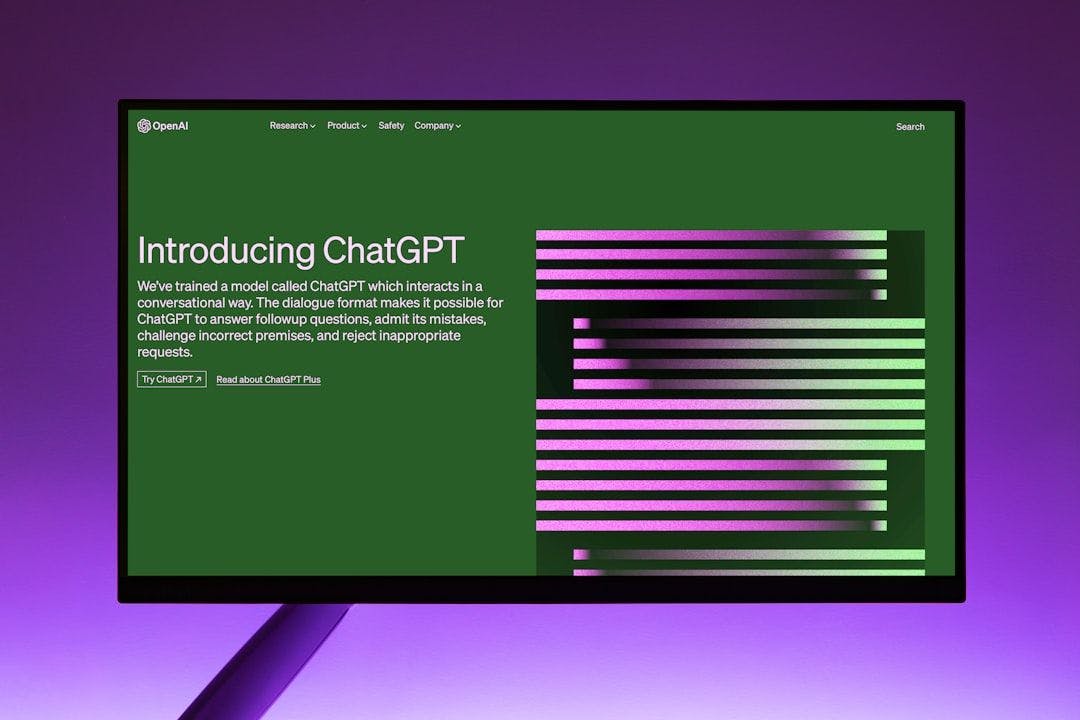214 reads
Inside OpenAI's Path to Becoming a For-Profit Powerhouse
by
November 17th, 2024
Audio Presented by

Eleanor is the editor-in-chief of Designerly Magazine, where she covers leadership, business technology and more.
Story's Credibility

About Author
Eleanor is the editor-in-chief of Designerly Magazine, where she covers leadership, business technology and more.
